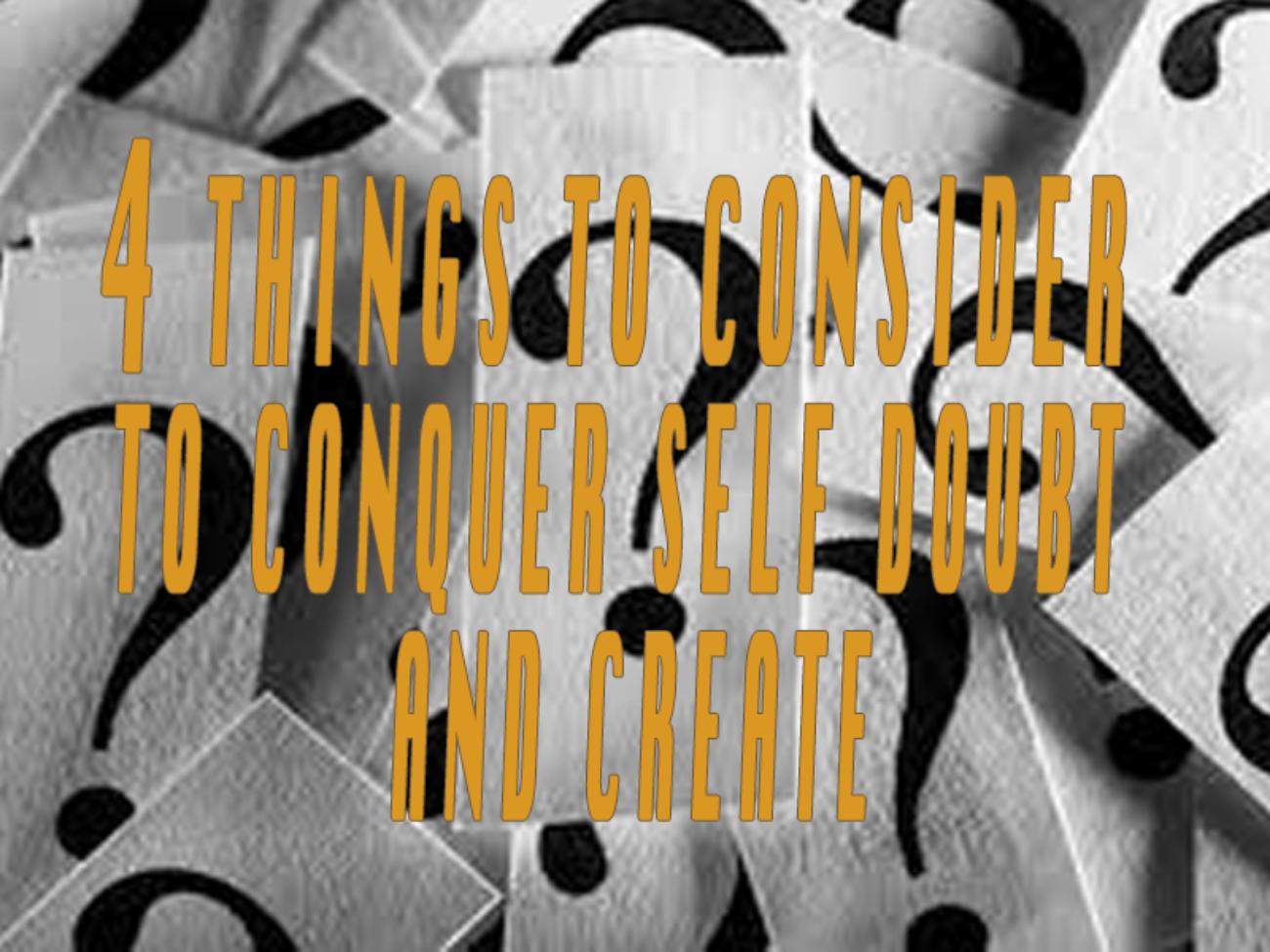Achickwitbeatz presents the Instrumental Intel podcast, bringing you information instrumental to your artistic career including music industry news & tips, insights & interviews, and beats for your inspiration. Listen on Saturdays at 7 pm EST on Grander Radio and Achickwitbeatz.com.
Follow on Facebook, Instagram, Twitter, YouTube Audiomack & SoundCloud, and subscribe on your favorite podcast platform. Download the Grander Media app to listen to Grander Radio on the go.
- Art
- Independent Labels
- Internet Radio
- Music Documentaries
- Album Reviews
- Music History
- Music Industry News
- Free Game Friday
- Free Downloads
- Poetry
- Books
- Interviews
- Did You See It?!
- Hip Hop History
- Hear Here
- Music News
- Hip Hop Documentaries
- Music Marvels Radio Show
- Think Piece Thursday
- Mini Documentaries
- Instrumental Intel
- Music Humor
- Indie Analysis
- Conversations & Quotables
- Music
- Resources for Artists
- Podcasts
- Beats/Instrumentals
- Music Education
00:01
Thank you for tuning in to Instrumental Intel. I am your host, music producer Achickwitbeatz. And I'm excited about today's episode. I have coming up special guest, Oyku Dogan, drops in for an insightful discussion about music across genres from classical roots to contemporary beats. So I'm really excited for that. And of course, Beats by me and Music Industry News highlights. So make sure that you stay tuned. Got a lot of good stuff coming up.
00:28
Just before I hit that button, I definitely got to give a shout out to my home station Grander Radio out of Grand Rapids, Michigan. And with that, let's go!
11:16
Alright, I'm back with the music biz brief and we've got a lot of exciting updates today from groundbreaking rulings in the music industry to innovative new features on your favorite streaming platform. So let's dive on in.
11:27
First up, some fantastic news for songwriters. The U.S. Copyright Office has just issued a ruling that could change the game. Songwriters can now collect mechanical royalties from streaming platforms after reclaiming their rights from publishers. This overturns a previous misinterpretation by the Mechanical Licensing Collective and ensures fair compensation for songwriters post-termination. This starts August 8th and the ruling will require adjustments to pass royalty payments.
11:54
Advocacy groups are hailing this as a major win for creators' rights, and rightfully so.
11:59
Speaking of streaming, Spotify users have been busy. The platform now holds a staggering 8 billion user created playlists with 725 million added just this year alone. So they've introduced an AI playlist feature that generates playlists from text prompts and they're planning new features with a pricier subscription tier including Hi-Fi audio. Of course as you know because I've discussed this on here before but the move has led to a lawsuit from US publishers and songwriters over Spotify's classification.
12:29
premium as a bundle in order to reduce royalty payments. Now let's talk about streaming fraud.
12:35
In response to this growing issue, Spotify has now taken a stand by finding distributors for tracks with artificial streams. Meanwhile, Amuse has launched a stream check feature that analyzes artists' catalogs for potential inflated streams. It provides a health bar indicating the likelihood of fraud, so artists seeing an orange or red bar get guidance on addressing the issue, recognizing that it might not be their fault. So this feature is now available to all the artists who use Amuse.
13:05
Anti-Fraud Startup has partnered with Beatport to tackle this problem using advanced fraud detection technology. Despite Beatport's historically low fraud rates, suspicious activity has been on the rise. So this collaboration aims to ensure accurate artist compensation and maintain streaming integrity. It's a crucial step in addressing the broader industry challenge of streaming fraud.
13:25
Now shifting gears to some international news, Amazon, Apple, and Spotify are challenging a new 5% levy on Canadian revenues. So the tax imposed by the Canadian Radio, Television, and Telecommunications Commission aims to support Canadian content. However, the Digital Media Association argues that the tax's unsustainable could raise consumer costs and might violate trade obligations.
13:49
Critics claim the tax could harm the Canadian music market while supporters believe it will fund local content creation. In the world of big deals, Blackstone has acquired Hypnosis Songs Fund for $1.584 billion with overwhelming approval from shareholders.
14:05
So this acquisition includes over 40,000 songs from 138 catalogs, valuing Hypnosis Songs Fund at approximately $2.2 billion. Blackstone will now own two Hypnosis Song portfolios and work with Hypnosis Song management. Meanwhile, Universal Music UK is shaking things up by merging Island Records UK and EMI. So this reorganization is effective October 1st and will result in two main label groups.
14:31
Polydor Label Group and 0207 Def Jam. DECA will remain a standalone label and several leadership roles are being adjusted including a new audience and media division. Unfortunately some layoffs are expected due to these new changes.
14:46
On the tech front YouTube Music is testing a new feature, a generative AI that lets users create custom radio stations via prompts. So you'll see an Ask for Music Any Way You Like card on your home feed allowing you to enter prompts by text or voice. So the generated stations use these prompts as names labeled created for you with descriptions. This feature is currently limited in availability so keep an eye out.
15:10
Speaking of YouTube, they've just launched an improved AI powered eraser tool that allows creators to remove copyrighted music from their videos while preserving other audio. The revamped Erase Song feature aims for more precise removal of copyrighted songs. If the tool fails, creators can mute all audio in flagged sections to avoid content ID claims. And finally in a story that's sparking a lot of debate, rapper BG is back in the news. A US federal judge ruled that he must submit future songs to the government for approval
15:40
to ensure they align with his rehabilitation goals. While a ban on promoting gun violence in his music was denied, as it might violate his free speech rights, this decision has kinda sparked the debate again about the use of rap lyrics in criminal cases. So BG faces scrutiny for performing with felons and releasing music without permission, which prosecutors argue hinders his rehabilitation. So yeah, this is definitely an ongoing thing. If you've been following this show and also the previous show,
16:08
You know, that there's various legislation that's been drafted and been trying to get passed to prevent this from happening. So while, you know, it should be obvious, you know, don't do crime, but in the essence that you do, you might not want to talk about it because right now rap is the only genre that actually deals with this. So this is why it's a legal issue. So yeah, just something to keep in mind and be aware of.
16:32
Alright, gonna take another quick pause for the cause and then I'll be back with my special guest, Oyku Dogan. Keep it locked.
27:20
Hey, I'm Achickwitbeatz, multi-genre music producer and strategist to indie artists and labels. Visit achickwitbeatz.com for resources for artists and instrumentals in various genres available for songs, blogs, blogs, podcasts, themes, TV, film, commercials, and more. Once again, that's achickwitbeatz.com. That's Achickwitbeatz Let's make something happen.
27:50
Thank you so much for tuning in to instrumental Intel. I am your host music producer Achickwitbeatz and I'm so excited to announce that I have in the virtual building with me today Oyku Dogan and I've had the pleasure of chatting with her before on the previous radio show but this is her first appearance on this particular podcast and you know I'm excited for her to be able to share her story knowledge and wisdom and all that good stuff so
28:19
you know, if you could please let the people know who is Oyku Dogan and, uh, you know, how you got kind of started or pulled into music. All right. Thank you so much. And thank you so much for inviting me. I'm so excited as well. And, um, yeah, so I'm a singer-songwriter, composer, and also a jazz pianist. I started with music when I was very little.
28:49
and with piano and composing, writing songs later on. And then I was born in Turkey. I moved to Italy for college to focus on my music studies. So I studied modern vocals and then also jazz piano. I majored in both. In the meantime, I started also producing and
29:17
releasing my very first songs and then the first album. That's how my music career officially took off. So yeah, I still continue and with all of these things I continue producing, writing, singing and
29:47
for the last few years, I'm a vocal coach. That's another thing that I love a lot. So yeah, shortly this is it. Well, that's a lot, you know, especially having all the talents and then now being able to share that with others, I think is a tremendous thing. So since you do have so many talents, who are some of the, I guess,
30:16
maybe biggest musical influences you have. So whether that be other songwriters, other singers, other jazz pianists, like, you know, whatever. Yeah. Who have been your biggest influences, should I say? Yeah. This is a very difficult and important question. Yeah. I started with classical music, but also in the meantime,
30:45
grew up with my mom's records, so progressive rock, but at the same time pop. And then I studied jazz, so I have different inspirations from all these different kinds of music, styles of music. And from jazz, jazz piano, I can always say
31:14
Bill Evans and from classical I can always say Chopin, Debussy and they have things in common also. So that's I think not a coincidence. Like more pop or rock music.
31:44
For example, I love alternative bands like Coldplay used to be alternative or there was Eane, Travis. They influenced me a lot when I was a teenager. I really loved those years, was a huge influence for me. And before that, of course,
32:14
For example, Pink Floyd's music inspired me a lot. Also for composing, for example, videos, film, all those sound effects and details. And I also love hip-hop rap music. Always in those years Eminem became really popular, so he was a huge influence.
32:43
So I was doing the forbidden thing. I was listening to both Hip Hop and rock and all that. People were judging me, but I didn't care. And recently, for example, I now love Taylor Swift's music. Before, in those years, I wasn't that inspired.
33:10
But her recent alternative albums, they attracted me a lot because it's like poetry. The lyrics are really deep and interesting. Yeah. Oh yeah. These are some names that I can think of. Wow. Yeah, that's a really, really impressive set of influences. Especially, I guess, kind of thinking about the music that everyone that you mentioned.
33:40
All of the music is, I guess, different than what you typically hear in the mainstream. So it sounds like you kind of have a connection to the alternative styles instead of formulaic, which just kind of goes to show how deep your love of music is, I believe. Um, thank you. And yeah, it could be. It could be. Um, they all have some elements that are.
34:09
maybe in common, like the lyrics are usually very either deep or very different in almost all of these artists. They have some very pretty melodies combined with sometimes unexpected beats and or also electronic elements and that's exactly how
34:38
I am trying to combine all these elements for my music. So yeah, it could be, yeah. Yeah, I guess in all of them make, you know, like the evergreen music, like all of it has staying power. And, you know, I think that's because they have the courage to kind of venture outside the norm for something. And, you know, especially since you were mentioning how you were venturing outside the norm with even what you were listening to. Yeah.
35:05
I mean, that kind of explains like how you've been able to shape your music. So, you know, just out of curiosity for your creative process, since you do the songwriting, since you do the composing, how do you typically begin to create something like, do you sometimes write the lyrics first or do you tend to do the composition first and then put the lyrics with it or, you know, which way does that tend to go for you?
35:34
tried all of these and they all work. I think it depends on the song. Like sometimes I start with the lyrics. Especially when I'm traveling I start writing lyrics and then I turn it into sometimes first melody, sometimes first beat, it depends. This is like one of the options.
36:04
playing something on the piano, creating the melody and imagining the lyrics. And also sometimes directly by creating the beat, starting to create the beat and then going on with the lyrics and the melodies. And I can say they all work.
36:35
the beat, you already have decided on what genre you're going for. But if you just write the lyrics, you have more space. And if you're with piano, it could be acoustic, but it could turn into a beat. So yeah. Yeah. I get what you mean with that. It does kind of give you more flexibility when you start. Yeah. Because I mean, that's an age-old question.
37:03
I get that asked that all the time. I see it in forums, you know, for producers, you know, drums first or melody first. And so it's always kind of interesting to see what people tend to gravitate towards. Like for instance, I can do it either way, but I noticed most of the time I tend to start with the melody and then that's when I find out, like maybe I thought I was creating, you know, an R and B song and then it becomes house or something totally different by the time I put the drums with it. But yeah, that's a really interesting point. I didn't even have.
37:33
think about that as far as the flexibility depending on what you're doing or setting the tone with what you know you want to make. So that's a really, really interesting thing to point out. So, you know, when you're doing your creations or whatever, how do you kind of balance the inspiration with the actual technical aspects of music production? Because I know this, like, since you're a vocal coach, I'm sure, you know, tonation matters and all that other stuff, you know, how do you kind of balance all that?
38:03
Yeah, with the inspiration sometimes maybe one starts going towards an experimental path and that song never ever finishes. So the technical part helps to actually finish a project and to not get dragged. I mean, it's good to... Okay, of course.
38:32
try different things and stuff. But then I have so many unfinished projects waiting to be heard someday. So yeah, by applying technical details, it can be okay, the voice and then the back vocals, it already creates, it shapes the song, for example.
39:02
the different parts of the song, they start getting a more logical shape, let's say. And then it helps, you know, finishing and hearing an actual result as well, instead of just abstract ideas.
39:30
With the vocals, I've been lucky about that because I was always, you know, when I was little going to choirs and everything, so I'm used to doing back vocals and not making mistakes with the tone or anything. So I can add 10, 15 different voices and play with them.
39:59
So that technical aspect helps. It's easier for me. Also, I always try to.
40:11
some follow some of the harmony rules, but also try to apply some different things so that it doesn't sound so similar to other things because it's really difficult to create something different. Yeah, yeah that reminds me of that quote. I always have a hard time remembering who said it.
40:38
But you know, learn the rules like a pro so you can break them like an artist. So it sounds like that's how that's been working. Um, you know, since you've been at this for a while, what changes can you say that you've observed in the music industry since you started and, you know, where you see it going in the future? Um, yeah, I've seen a lot of changes when I think about it, because in 2013,
41:08
I was about to graduate from my first college degree, which was the modern vocal performance in Italy. And my first album was the project for my thesis. And it was much more complicated to release an album. There were so many steps to take. Of course, there were...
41:37
already these digital distribution websites which is which was perfect and but there were so many other rules about the copyrights but it had to be registered also as a producer in Italy so that I could actually sell the albums there were so many different details and it took much more time
42:04
Also for the releases to go online, like you had to think about it way before. But throughout these years, now everything is much easier releasing something. You could just decide and in a few days, in a few weeks, everything's ready to go online. And if you want to cover a song,
42:32
you pay a fee and they get the permissions for you, like it's much more easier. But on the other hand, back then, when I released the album, people were more interested because it wasn't as common as now. So people were actually buying the album, were listening to the whole thing. Now it's really...
42:58
almost impossible to get everyone to listen to a whole album. And with streaming, everything became more like fast food. Everything is too fast. And I see some advantages, but also some downsides. Yeah. Um, that used to over time.
43:24
Yeah, and that's been a huge one because a lot of times the market does just feel so saturated because there's so much out there. And I mean, we're not only just competing with, you know, listeners for, I mean, there's so many other things for people to do aside from listening to music now. That is kind of a challenge. But yeah, the process is definitely kind of eased up a lot, especially how quickly you can get something out when you want to now.
43:54
Yeah, it's always a struggle to compete for ears, but yeah, it does kind of make things easier, especially like with collaborations and whatnot. So how do you approach collaborations and, you know, what do you look for when you're looking for a collaborator? Does it just kind of come together for you?
44:21
Especially during the pandemic, people had more time to do art. So it was a lucky time, let's say. Of course, it was a really bad time, but good time for artists to experiment on music and collaborations. So I had a lot of chance to try different things. And, but also before, of course.
44:51
What I usually look for is of course like that musician does not even have to be a professional musician but what matters is the taking it seriously and
45:16
having the creativity and openness, like not doing it just for the money because I had those cases as well, like they're in it just to earn some money. Of course, it's like you gotta expect to earn some money, that's normal, but not just for that.
45:40
And because you see the difference than the time that they dedicate the attention to details and everything. Like approaching in a really friendly, artistic, creative, fun way, then it can become a very professional and serious collaboration. But the beginning, I think it's really important to have that connection.
46:08
So I had usually good experiences, a few not so great. But yeah, those were all lessons to be learned, of course. But I think it, only that way, I learned about my own approach to my music. Like I observed also myself. I saw that for me, it's really important
46:38
um take care of it in a very detailed way but also having fun while doing it so not just seeing it as a homework or just regular work and yeah.
46:56
Yeah, that makes perfect sense. Um, you know, I've worked with a few, I mean, a lot of people, uh, since I started doing music, but yeah, I've had some of those encounters to where, you know, you're just supposed to be bouncing ideas off one another. And then someone's like, well, who's the target market for that? Or, you know, what are we? And it's like, well, man, can we at least create the vibe first and then figure that part out later?
47:22
But yeah, I get what you're saying. But one thing that I kind of wanted to touch on a little bit from what you had said was that it made you look at yourself and what you value. And I feel like that's really rare for people to encounter something that maybe they don't like and say, you know what, you know, what is my problem with this? And that's because I prefer this. So that self-reflection after something like that, I feel like that's a nugget for any artist listening.
47:49
to kind of remember. So like when you have those bad experiences, like you said, it's more like a lesson to kind of shape what you want in the future. I think that's such a good gem that you just dropped. No, thanks. No, I agree also for playing live, for example, this is really important. Sometimes the musicians approach you by saying so. Like you say, there's this festival, would you be interested in?
48:17
playing the guitar and stuff. If the first question is how much are they gonna pay? This is not it. Run, just run. The first question should be what are we going to play? Like, what are we gonna do? Dance on the stage? Like, I don't know. Like, where are we gonna play? What's the project? And then, of course, how much?
48:45
Are they going to pay? Of course, it's a question. But if it's the first one, run. Wow. Yeah, that's a really good indicator that probably will not be a good time. Wow. Yeah, even I appreciate that nugget. I didn't even think about it that way. But yeah, that's really perfect. And so, you know, you've had a chance to work with people, do a lot of different things.
49:13
And what would you say has probably been the most rewarding project or moment in your career so far?
49:22
Ummm
49:26
Some of the most rewarding moments were the most unexpected ones, for example, I did some concerts and I did a lot of cover videos and really also released many songs, but you get some, of course, reactions and everything.
49:56
But then unexpectedly I received a few messages and one of them, for example, was a lady and she was going into a surgery. A lady from the United States and she wrote me this message. So I was going into an open heart surgery and I listened to your music because it relaxes me a lot. So hearing
50:24
these kind of messages, I mean, like being able to give these positive vibes to people is the most rewarding thing. Yeah, I had goosebumps, it was incredible. So being able to make people feel good things, relaxing and everything. And of course, also teaching is very rewarding.
50:54
I especially, this was the fourth year and I understand it even better now. And with the connection that you create with those people, like you help them open up, you help them sing. It's a very special thing because I used to, when I was, I don't know, 20, I wasn't really interested in teaching back then.
51:24
But then I wanted to try. And then as years go by, I understand more and more how rewarding it is, not only for them, but especially for me, like seeing the results, seeing the connection and getting all those incredible messages from them. It's really inspiring for me as well. I learned from them as well. So these are some really special.
51:54
moments for me. Wow, those are all phenomenal. It just sounds amazing to know how much of a difference that you're making and then to actually be able to grow and learn from it yourself. So, you know, with you having done all these performances and like you mentioned, helping your students to kind of open up, what advice do you have for someone to kind of get over jitters? You know, like when they're, they're...
52:21
kind of willing to try but still afraid. You know, I think that's something that a lot of artists go through for different things. And so obviously you've been able to overcome it. You've been able to help others. So yeah, what advice do you have for anyone listening that might be struggling with that? Yeah, the first comment that I always get is, I don't know anything about music. I don't know how to sing. I don't know how to play, but...
52:48
like I didn't know either or other musicians didn't know either. Some are more talented, some need to study and then they, it becomes easier. But like to start and first to see it as um, not immediately maybe like a career, but seeing it almost like a therapy hobby, of course.
53:17
and seeing where it goes and the most important thing is doing what you actually like to do. For example, if you like pop music, just start with pop music. Don't try to force yourself to study first other things and then go into pop music
53:47
It can be the opposite because sometimes people are afraid of being judged and they think that they have to follow the rules of the history, let's say, how it used to be. But things are a lot different. There are so many possibilities and so many people that are willing to help others. So.
54:16
And to not be, this is difficult for many people, but not being perfectionists because making errors is normal, we're humans. And that makes us also artists. Sometimes by making errors, we create some even more interesting things. Otherwise we could just use AI and that's it.
54:45
Yeah, not being afraid of mistakes. And if we make mistakes, to not judge ourselves so harshly, moving on always to new experiences. Yeah. Wow, that's really great advice. Yeah, there's a lot of times, sometimes the beauty is kind of found in some of those imperfections. And, you know, it's all about the feeling that it can create.
55:14
You know, even if maybe, well, since you're a vocal coach, I probably shouldn't say this, but even if it's slightly a wrong note, but it's still kind of gets the point across. Sometimes it's that energy that kind of makes it special. But yeah, that's a really, yeah. It's a really good point, good advice. You know, since we're kind of looking at the clock here and things are kind of winding down, I want to make sure that people know where they can follow you, whether that's social media,
55:44
or specific platforms that you use. I wanna make sure that they can get that out. And I also want you to be able to share anything that you're currently working on or have coming up in the future as well. They can find me on all over social media. My handle is I am Oikodogun on Instagram, even on TikTok now.
56:10
and Twitter, Facebook, and then my music is on Spotify, Apple Music, but also YouTube. And I used to publish a lot of videos as well. I'm gonna start again. And what I'm working on right now is my third album. And
56:39
I am working on different songs and I'm trying to finish it and hopefully release it in the next months, maybe the fall or winter. And of course I could, I am willing to go back to doing a lot of covers like I used to do because it's something that I also love.
57:09
So yeah, working on a lot of stuff, I took a break from releasing a little. Now I'm going to be in the next months back and very active on all these platforms, hopefully. Amazing, that's great. And congratulations on working on your third album. I mean, that's a major feat, especially
57:34
in an age where people are kind of opting to just make singles so that way they can release stuff, you know, putting an entire project together takes a lot of work. So yeah, congratulations to you on that. Yeah, we definitely need more full projects out there these days. Yeah, I agree. Yeah, so I'm really hoping that this is just the first of many.
57:58
interviews with you on instrumental intel. I really want to thank you for taking time out of your busy schedule to come share with us. And yeah, I can't wait to have you back again if that's possible. I would love that. And thank you so much for inviting me. I would definitely be back. So yeah. All right. Before we close out, I don't know if you have any shout outs that you want to give or
58:26
You know, leave another nugget of wisdom for the audience. It's up to you.
58:36
I can say even if you don't see music as a career or anything, just try to learn something or sing your heart out or play an instrument or try to write something because it's good for the soul, it helps. It's a kind of therapy. And in today's really stressful world.
59:06
helps a lot and it's not a cliche, it's the truth. So try, just try. It's for everyone. The music is for everyone. Yeah. Yes. All right. That is awesome. Thank you so much. And I can't wait to have you back again. So hopefully I'll be speaking with you soon. I hope so. Thank you so much.
59:30
Alright, that's a wrap for this week's edition of instrumental intel. I thank you so much for tuning in. I thank my guest Oyku Dogan for coming to share her knowledge, wisdom, and experiences with us. I thank my home station, Grander Radio out of Grand Rapids, Michigan. And next week I got another great guest lined up. Admiral will be joining me, so make sure that you come back for that. And until next time, you know where to find me. Tune in, tell a friend, and I'll see you then. Peace.
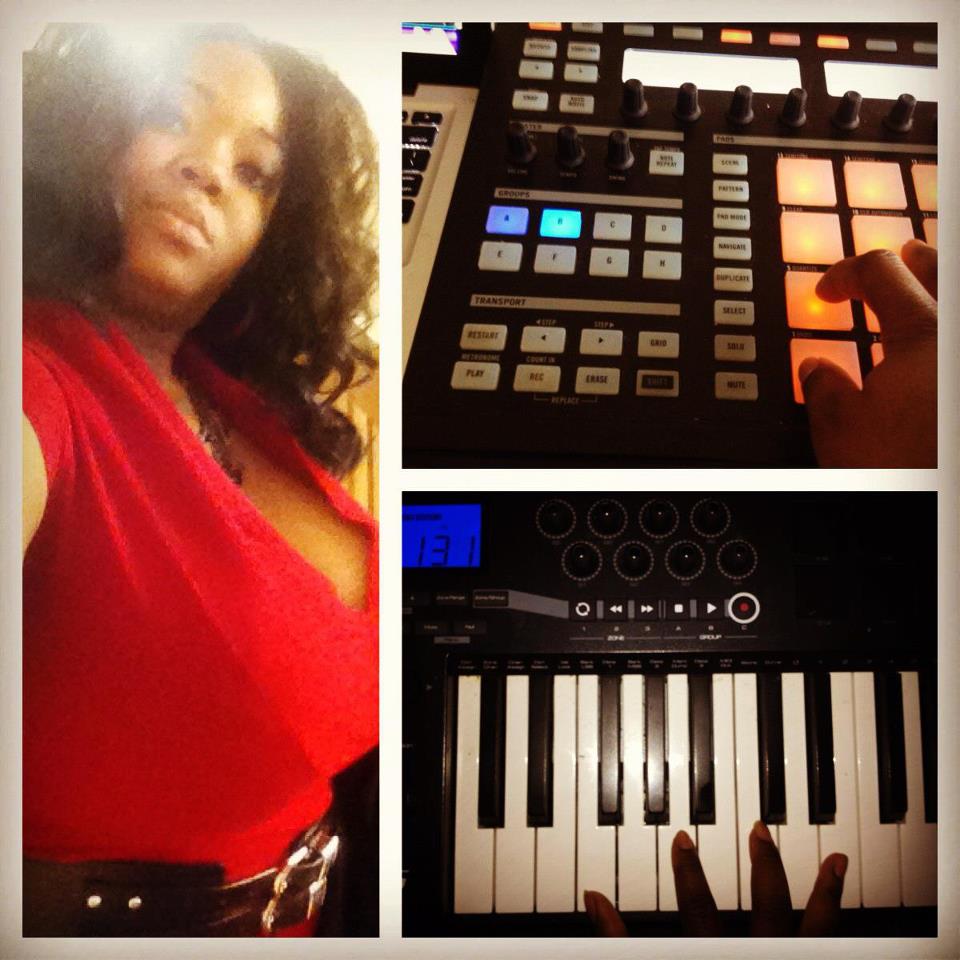
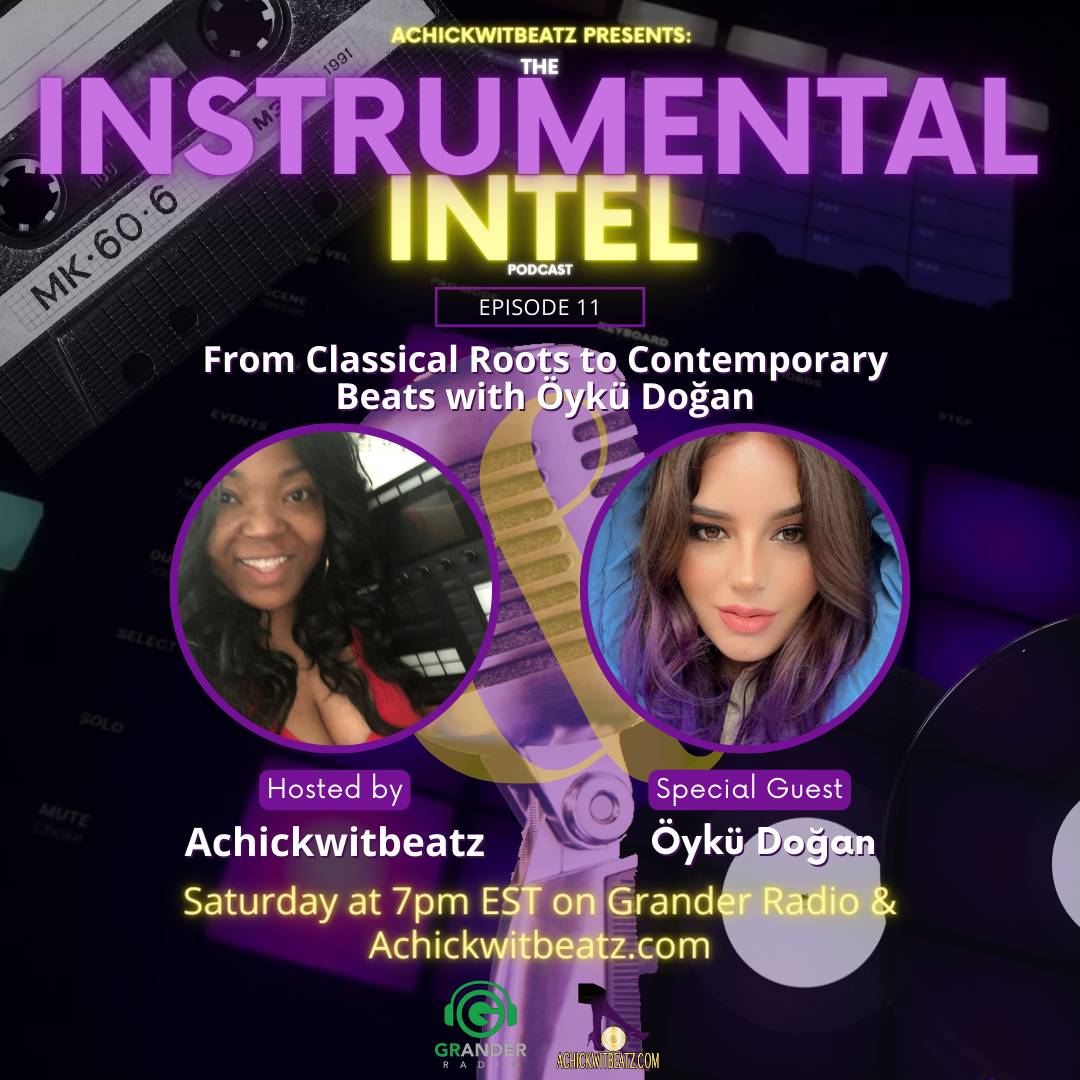






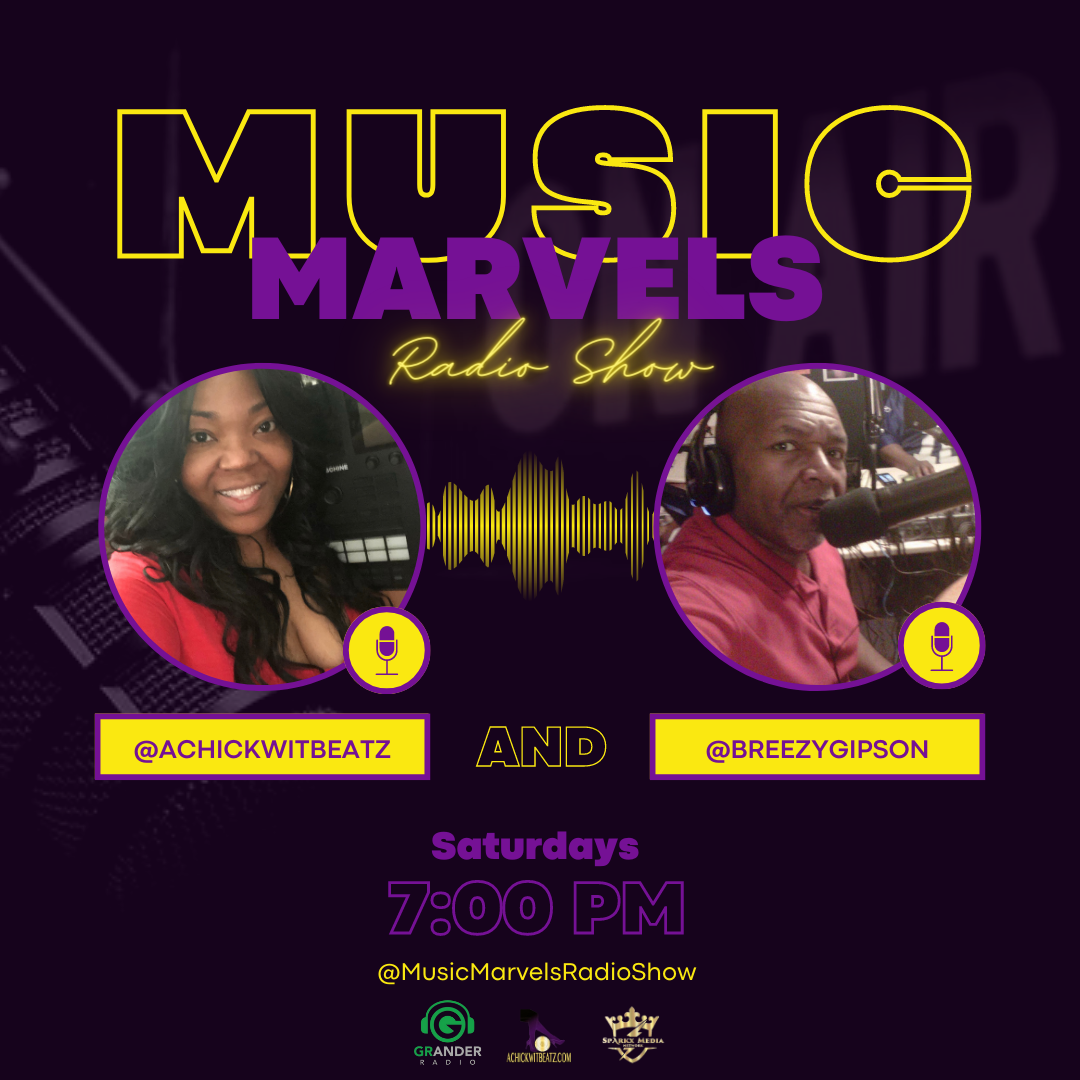
![Hear Here: Achickwitbeatz - Dopamine & Serotonin [Single]](https://images.squarespace-cdn.com/content/v1/52b0b90ae4b0293bfed0d692/1710852808557-EZYGFDIBHLBSIRFOVS1Q/Dopamine+%26+Serotonin.JPG)


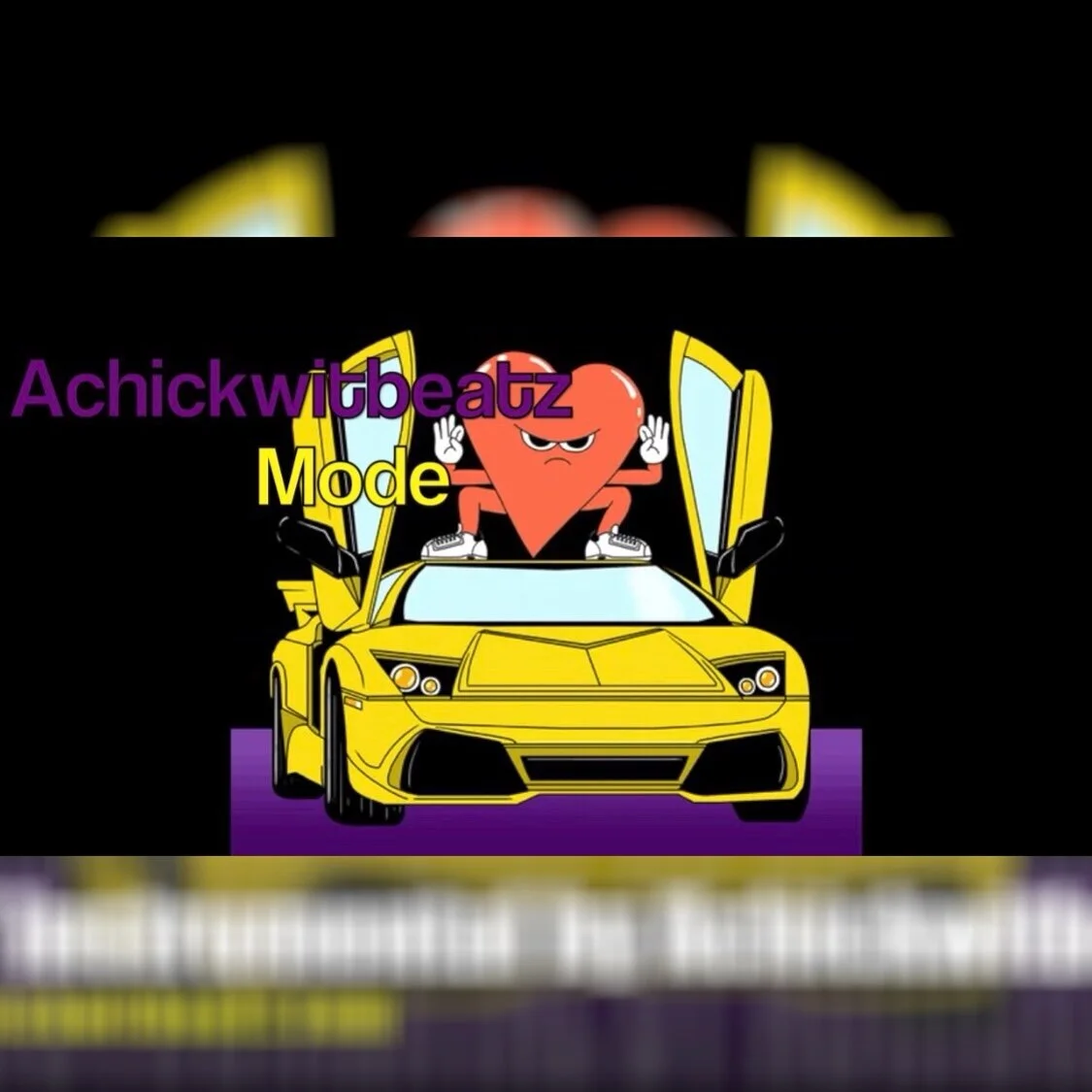
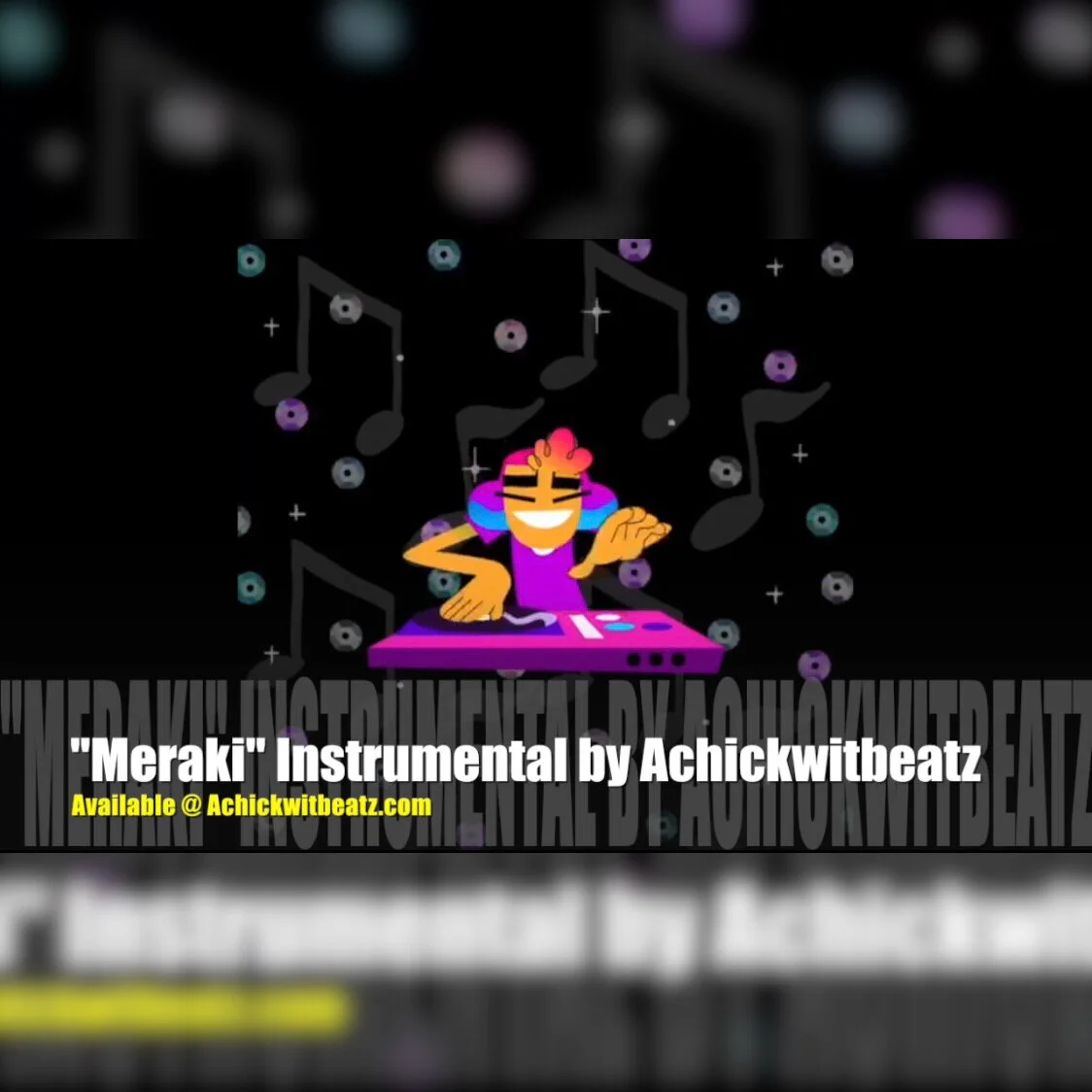





![Hear Here: Dagga Man- "Analytics" [Prod. by Achickwitbeatz]](https://images.squarespace-cdn.com/content/v1/52b0b90ae4b0293bfed0d692/1584638158548-9R55AZLWZIDFJC8LATV6/IMG_2212.JPG)







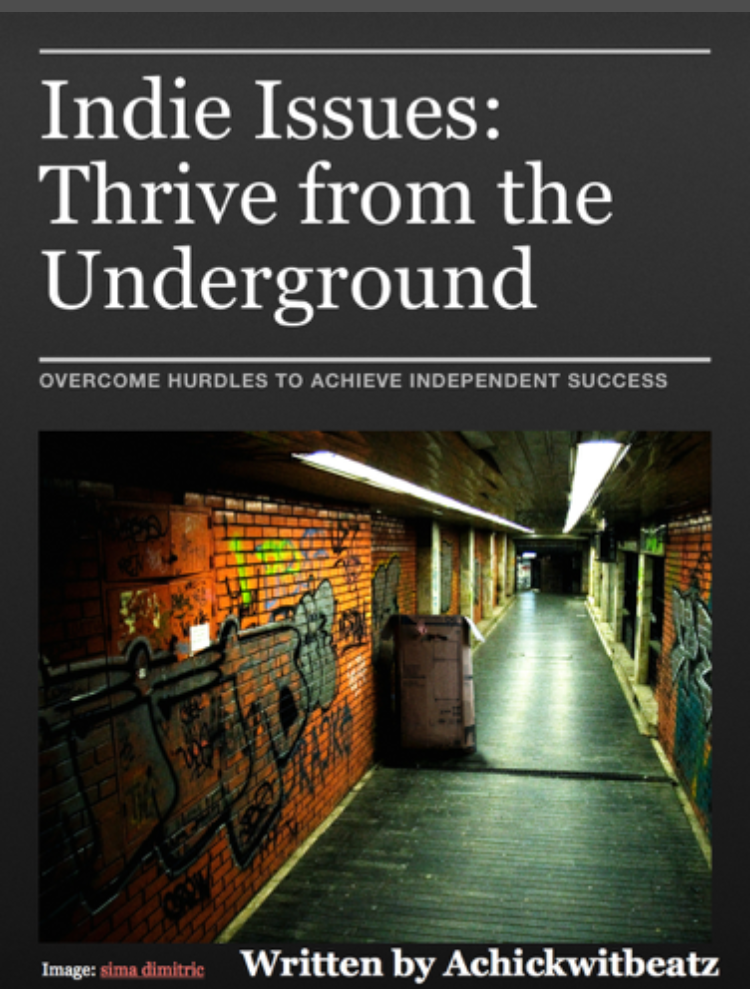
















![Making Music on a Budget [Infographic]](https://images.squarespace-cdn.com/content/v1/52b0b90ae4b0293bfed0d692/1582844361438-3JTE5NT3EL51FHXC0WJI/making-music-on_1929722%25281%2529.jpg)
